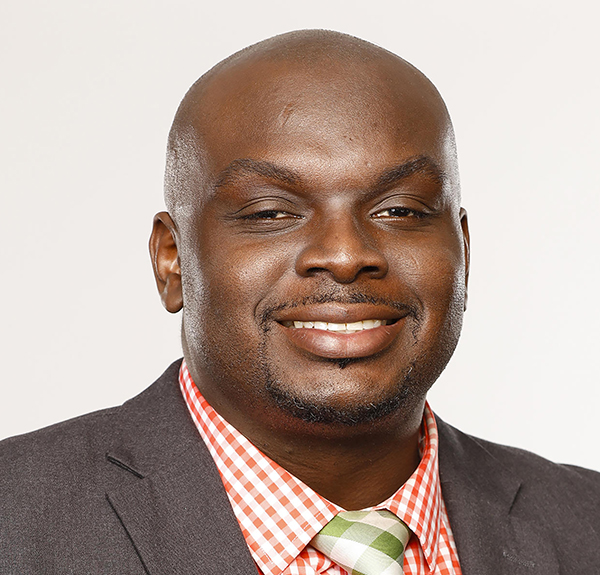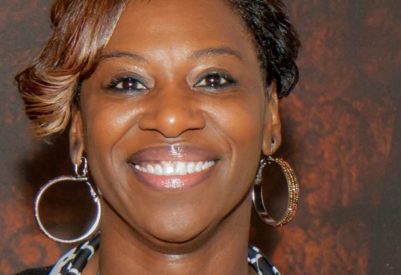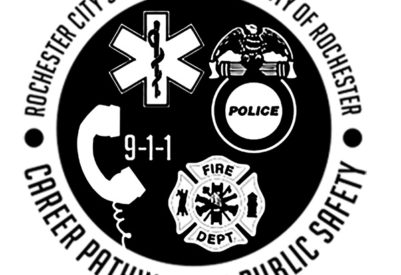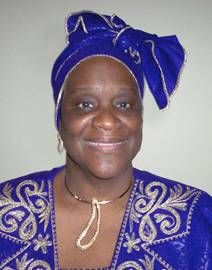
BY RODNEY BROWN
The Rochester-Monroe Anti-Poverty Initiative (RMAPI), a community-informed strategy developed to coordinate and align resources, policies and practices, is designed by its authors to reduce poverty in the Rochester and Monroe County region, over the next 15 years.
Since June 1st, 2015, when the RMAPI was launched, the efforts of its Executive Director Leonard Brock, has been deemed by outspoken members of the media as, unproductive and ineffective.
“When we introduced, the RMAPI Initiative in 2015, we didn’t have a working product, until the progress report was completed in September of 2016, one year in,” Brock said. “Instead, it was reported, we were 2-years or more, because they’re looking at the origination date, when at that time, there wasn’t any staff and work groups were being formed.”
“When I was appointed, we didn’t have a real organization or a budget,” Brock continued. “And to say our mapping hasn’t done anything is a lie. The RMAPI has helped families and created avenues of support for children, who are living in impoverished conditions. Instead, we never hear them report about the things we’re doing.”
“We’re an entire collection of stakeholders working together toward our goals,” he insisted. “It is not just, Dr. Brock. And the RMAPI is not a service provider and not a funder. RMAPI, is everyone involved in reaching common goals.”
According to a document that outlines the collective ideas to address poverty that came out of the first work groups in 2015, RMAPI has already made some very important and tangible steps toward addressing poverty and moving people toward self-sufficiency.
This includes, the city of Rochester’s Van Pool project, which addresses a critical need for transportation to workplaces beyond the RTS footprint.
And other examples include Genesee Brewery’s commitment to hiring employees living in poverty, Raise the Age legislation, Strengthening Working Families Initiative, Adult mentoring program and $4.75 million in state funding for RMAPI-endorsed early childhood initiatives.
Other local funders have taken steps to embed the RMAPI principles within their funding structures including, The Finger Lakes Regional Economic Development Council that has worked with RMAPI to incorporate the guiding principles of addressing trauma, addressing structural racism and building neighborhoods into the funding application for those seeking state funding.
And the Rochester Area Community Foundation has formally adopted RMAPI’s guiding principles as guidance in the organization’s grantmaking and community leadership.
At the request of Gov. Andrew Cuomo, a new independent governance structure was formed to represent the next critical step in the Rochester-Monroe Anti-Poverty Initiative’s evolution.
The new structure will reflect other non-profit organizations with a steering committee made up of 46 members and co-chairs providing oversight and strategic direction.
The steering committee co-chaired by Nazareth College President Dan Braveman and Colgate Rochester Crozer Divinity School President Rev. Marvin McMickle is designed to give a stronger voice to stakeholders and ensure that anti-poverty efforts belong to the entire community, not one group or entity.
Since its inception in 2015, New York State has committed $3.25 million in direct support to the Rochester-Monroe Anti-Poverty Initiative to establish the RMAPI office.
The state of New York has committed $6.25 million in funding for anti-poverty efforts that implement RMAPI’s priorities that include:
• $1.5 million for adult mentoring
• $3 million to expand child care
• $675,000 to expand the home visitation programs Nurse-Family Partnership, Building Healthy Children and Parents as Teachers initiatives
• $1.075 million to expand the ‘Summer LEAP’ summer learning program
“Other organizations in Monroe County’s poverty fight believes, they’re off the hook,” Brock said. “Although, they can’t see themselves different from the RMAPI. They believe, 3 staff persons are responsible and don’t have to hold themselves accountable and don’t want to hold themselves accountable, but everyone has a responsibility.”





